Learning
Education from below
University classrooms can be notoriously sealed-off places, with very selective access points of knowledge that often lead to exclusive knowledge field and low diversity of perspectives. Moreover, particular style of teaching and learning that focuses on cerebral capacities and visual and hearing senses predominate and possibly impedes learning process of many learners. Finally, mainstream high education learning processes favor classrooms to other learning settings and hierarchical relations between teachers and learners. Cumulatively these limitations of the mainstream teaching practices narrow the scope of knowledge, skills and competences that learners (and teachers) can adopt during a learning process.Hence, this thread give access to various cases of plural and sensitive teaching environments in culture and media, intended for improving and diversifying learning processes.
Further readings
- Illich Ivan, Deschooling society, 1971
- Illich Ivan, Tools for conviviality, 1973
- Rancière Jacques, Le Maître ignorant: Cinq leçons sur l'émancipation intellectuelle, Paris : Fayard, 1987 / The Ignorant Schoolmaster: Five Lessons in Intellectual Emancipation, Stanford University Press, 1991
- Spivak, Gayatari, “Study, Know, Learn, Hear, Listen, Do? Humanities for Social Studies”, Talk at the Faculty of Economics, University of Coimbra. October 12, 2018. Youtube
Keywords
Contributions
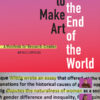
How to make Art at the End of the World: A Manifesto for Research-Creation
Keywords: diversifying learning environments, neoliberal university, research-creation, situatedness
„[..] to do research – of any kind – is not simply to ask questions ; it is to let our curiosities drive us and allow them to ethically blind us ; it is to tell stories and to pay attention not only to which stories we are telling and how we are telling them, but how they, through their very forms are telling us.“ p. 24
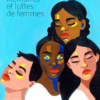
Mémoires et luttes de femmes (Memories and Struggles of Women)
Keywords: creative inquiry, emotion, non-mixity, ordinary experiences, sharing experiences, testimonies and memory
A method to redefine references in terms of struggles, pride, resistance, resilience, and women’s capacities, beyond the great figures and stories usually put forward in history
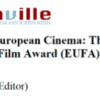
Teaching European Cinema: The European University Film Award (EUFA) Project – Dossier
Keywords: european cinema, teaching methods, transnational community building, transnational teaching, university cooperation
This reports indicates how the awareness of being part of a pan-European teaching project influences the discussions and learning experiences even of those participants that remain in their usual learning environments and national groups during the whole project.
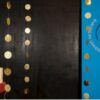
European University Film Award
Keywords: european film, transnational teaching, university cooperation
The project and award are based on the idea to support the transnational dissemination of European film culture, to give young Europeans an insight into different European life conditions and a sense of community through the shared enjoyment and discussion of films.
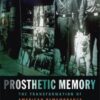
Prosthetic Memory. The transformation of American remembrance in the age of mass culture.
Keywords: collective memory, cultural memory, empathy, mediation of knowledge
Landsberg claims that in modernity, mass media create the possibility for new forms of social memory: By creating an immediate, visceral and affective engagement with past events, media settings such as cinemas or experiential museums provide what she labels ‘prosthetic memory’.
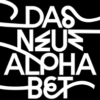
The New Alphabet
Keywords: artistic research, digitalization, global thinking, knowledge production, languages, learning practices, situated knowledge
The New Alphabet is intended both as a diagnosis and a provocation: vernacular, opaque, or marginalized ways of knowing are increasingly subsumed into abstract universalizing structures. What strategies of resistance against such processes of forced alphabetization exist or could be developed? And which role do artistic methods of appropriation and creolization play in this context?”
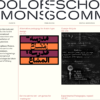
School of Commons
Keywords: collaborative and non-hierarchical knowledge production, peer learning
The SOC community focuses on matters surrounding the production and mediation of knowledge with a common interest in self-directed practices and on collaborative and non-hierarchical forms of knowledge production
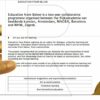
Education from below
Keywords: collective learning and imagination, embodied knowledge, meaning making in museums, multiplicity of definition
The project recognises that art practices can dislocate the usual hierarchies of what should or should not be learned and that knowledge does not have to be based on accumulation, but rather on sharing and mutual learning.
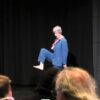
Searching for the Fountain of Age: A Danced lecture
Keywords: aging in arts and culture, danced lecture, embodied knowledge, sharing knowledge through arts
Susanne Martin proposes an alternative way of lecturing and transmitting her knowledge with a very situated approach : To look and sense her research object, the “fountain of age”, she divides it into 2 smaller fountains : the Fountain of Knowledge (talking) and the Fountain of Experience (dancing).
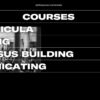
Anthropocene Curriculum
Keywords: anthropocene, experimental co-learning, international project, knowledge production, knowledge sharing
What should a body of “earthbound” knowledge contain that traverses from the global to the local and back?
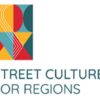
Street culture for regions
Keywords: entrepreneurship, vocational education and training
A set of different resources that can help discovering, explaining and analyzing the connection between entrepreneurship and street culture







